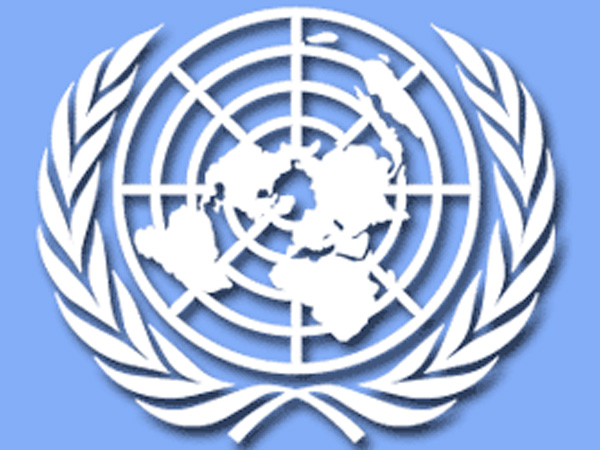November 27-2015
 A UN committee last week voted to rebuke Iran along with North Korea, Syria and Myanmar for their violations of international human rights standards.
A UN committee last week voted to rebuke Iran along with North Korea, Syria and Myanmar for their violations of international human rights standards.
Iran actually got condemned twice, since the resolution on Syria also slammed Iran for intervening militarily there.
Apart from that new facet, the votes on the four countries have become something of an annual rite of passage and have minimal impact—if any impact at all—on the countries rebuked.
Last week’s votes were in the Human Rights Committee. The General Assembly as a whole will vote on the resolutions next month. But the General Assembly outcome is foretold by the fact that the committee is comprised of all 193 UN members, just like the General Assembly.
The resolution on Iran drew more opposition than the other three resolutions, but still passed by a wide margin. Here are the votes in the committee, showing ayes, nays and abstentions:
Iran 76-35-68
Korea 112-19-50
Syria 115-15-51
Myanmar Consensus, no vote
Compared to the Iran vote in the General Assembly last year, the committee vote this year saw exactly the same number of nays and abstentions. But there were seven fewer aye votes, as many members were absent. It is common for smaller states to miss many committee votes.
The resolution on Iran was introduced by Canada, which has taken that role for a dozen years, largely in response to the beating death in Iran of Zahra Kazemi, a dual Iranian-Canadian national, in 2003. Iranian Deputy Ambassador Gholam-Hossain Dehghani urged the new government of Prime Minister Justin Trudeau to drop the annual exercise, which he said ignores “the real threats to the most fundamental rights by violent extremists.”
The resolution on Syria was offered by Saudi Arabia, which appeared to irk the Islamic Republic. The text condemned foreign countries intervening militarily in Syria on behalf of the government of President Bashar Al-Assad. The resolution named Iran, but did not name Russia.
The resolution on Myanmar condemned its mistreatment of its Muslim minority, which allowed a number of Islamic countries that oppose the annual resolution on Iran to support the resolution on Myanmar.























